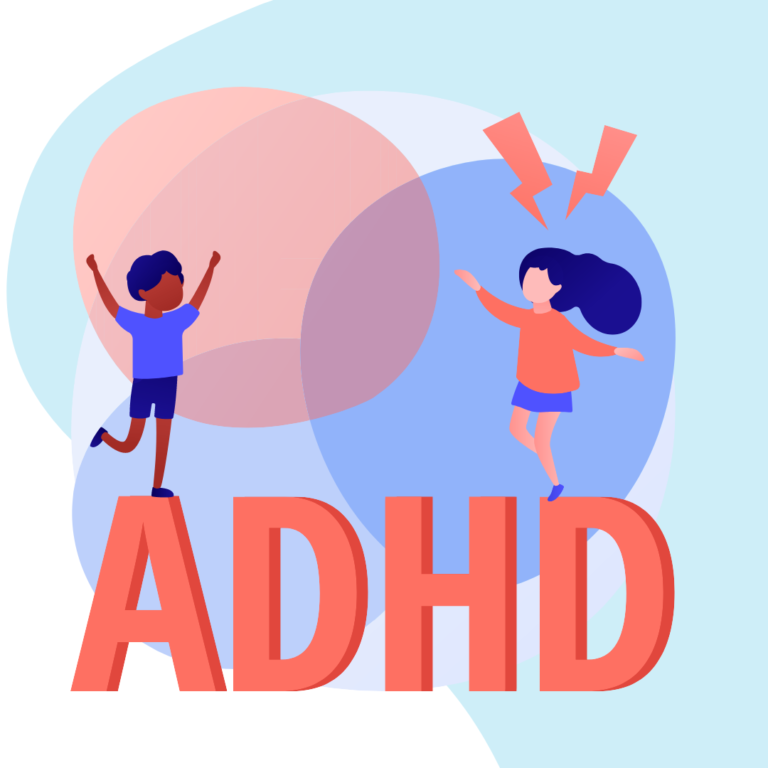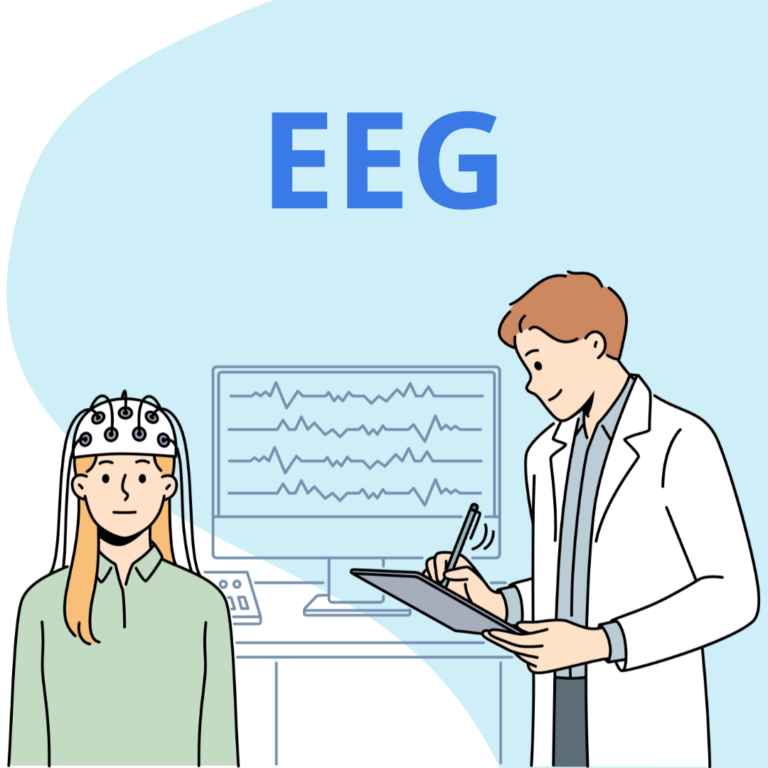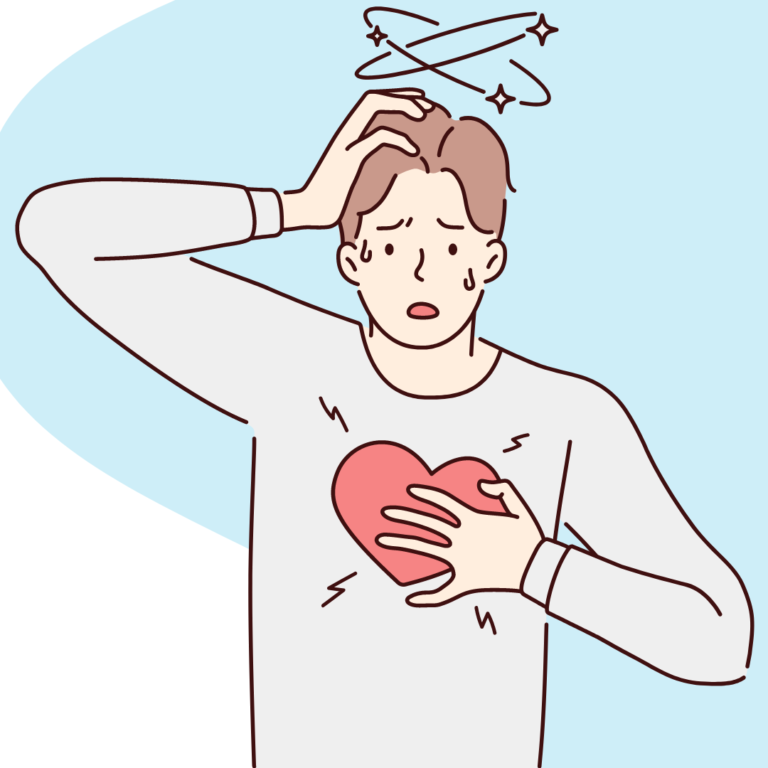Social ties are at the centre of our daily functioning and are one of the essential determinants of our quality of life. For people with epilepsy, many factors can make social interaction difficult. Although epilepsy has been known for millennia, despite the development of medicine and the level of education, it still arouses fear among people. This often results in stigmatisation of those affected.
Table of contents
The more I know, the less I fear
People often feel anxious at the thought of witnessing a seizure because they do not know how to behave. On the other hand, some people withdraw from social life because of the fear of having a seizure in front of strangers. This is why ongoing education is so important. The best teachers with the power to disenchant the illness are the patients themselves. If you suffer from epilepsy, it is really worthwhile for you to talk to your relatives, friends and colleagues about your illness and what they should do if a seizure occurs. Such a conversation helps both parties. It gets easier every time and, little by little, it breaks down the taboo that isolates you from the world.
Social events at night
Epilepsy patients can take part in all kinds of parties. However, they must remember not to stay up late at night. Of course, patients who have well-controlled seizures can stay up a little longer and go to bed 1-2 hours later. However, patients who continue to have seizures despite medication should sleep at the same hours every day and therefore go home early.
Discos and concerts
In some patients, flashing lights, which are a frequent and intense feature of discos or concerts, can be a strong seizure provoking factor. If the EEG describes an increase in the number of seizure changes during a photostimulation test, there is a high risk that an epileptic seizure will occur when the strobe is turned on at a disco or concert. Patients with this diagnosis should avoid events where there is a risk of strong photostimulation. Fortunately, this type of relationship is less frequent than is commonly thought and many epileptic patients can safely enjoy themselves at discos. Of course, they must remember to return home early enough and to replenish the fluids and electrolytes sweated out during exercise.
Alcohol
Alcohol is contraindicated in all patients with epilepsy. Firstly because it is a neurotoxin, which means that it poisons the brain. The state of alcoholic intoxication is in fact a symptom of brain dysfunction caused by this substance. And although in a healthy person an occasional drink of alcohol does not cause any permanent consequences, in a person with a neurological disease (e.g. epilepsy) any poisoning of the nervous tissue may intensify the symptoms of the disease and worsen its control.
Secondly, alcohol absolutely must not be mixed with anti-epileptic drugs. Interactions between these substances can cause liver, kidney or brain damage. On the other hand, saying to yourself, “I want a drink today, so I won’t take my medication” is the worst possible solution. This is an easy way to trigger a seizure or even an epileptic state.
Fortunately, there is now a wide range of non-alcoholic drinks (beers, wines, drinks) that can be used to replace the alcoholic drinks used until now.
Drugs
In fact, with all drugs (including cannabis with its high THC concentration), the situation is similar to that with alcohol, only in much greater intensity. Their damaging effect on the brain is much stronger and just one use can cause permanent damage to the brain, especially a brain that has been diseased before. If we treat a nervous tissue that has a lower threshold of tolerance to stimulation (i.e. an epileptic patient) with a toxic substance, we cannot really predict how it will react. The effects of such an experiment may even be life-threatening.
In conclusion, people with epilepsy can lead a normal social life, meet people and participate in all kinds of social events. The only thing they have to remember is to adapt the duration of such a party to their daily rhythm and to avoid alcohol and other intoxicating substances.
Jacoby A., Austin J.K., Social stigma for adults and children with epilepsy, “Epilepsia” 2007; 48 Suppl 9:6-9, doi: 10.1111/j.1528-1167.2007.01391.x. PMID: 18047591. – https://onlinelibrary.wiley.com/doi/full/10.1111/j.1528-1167.2007.01391.x
Steiger B.K., Jokeit H., Why epilepsy challenges social life, “Seizure” 2017, Jan; 44:194-198, doi: 10.1016/j.seizure.2016.09.008. epub 2016 Oct 11. PMID: 27756511. – https://www.seizure-journal.com/article/S1059-1311(16)30155-8/fulltext




